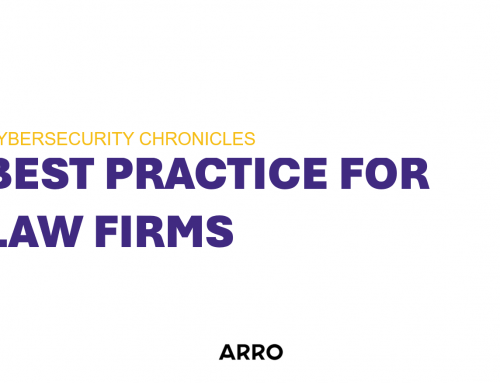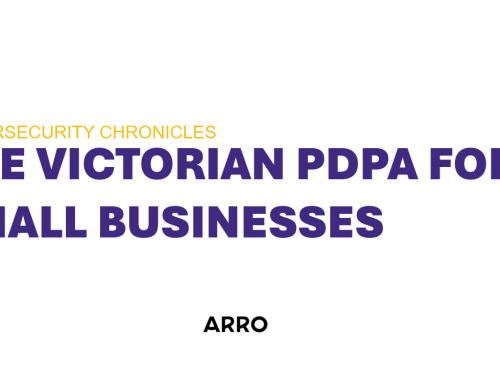In today’s digital age, the importance of data privacy cannot be overstated. The Australian Privacy Principles (APPs) form a critical framework for managing personal information in Australia, ensuring that privacy is protected and maintained across various sectors. For small businesses in Victoria, understanding these principles is essential not only for legal compliance, but also for building trust with customers and safeguarding business reputation.
At Arro Lawyers, we understand the complexities of privacy law and are here to support you in navigating these requirements. Whether you need help developing a privacy policy, training your staff, or reviewing your data management practices, our team of experts is ready to assist. Safeguarding privacy is a shared responsibility, and together, we can ensure your business is fully compliant and prepared for the future.
What Are the Australian Privacy Principles (APPs)?
The APPs are part of the Privacy Act 1988 (Cth) and consist of 13 principles that dictate how organisations should handle, use, and manage personal information. While these principles apply broadly to Australian Government agencies and private sector organisations with an annual turnover of more than $3 million, certain small businesses are also required to comply. This includes those that handle sensitive information, provide health services, or engage in trading personal information.
Key Principles of the APPs
- Open and Transparent Management of Personal Information: Organisations must manage personal information in an open and transparent way, including maintaining an up-to-date privacy policy that clearly outlines how personal information is handled.
- Anonymity and Pseudonymity: Wherever practical, individuals must have the option to not identify themselves or use a pseudonym when interacting with an organisation.
- Collection of Solicited Personal Information: Organisations should only collect personal information that is necessary for their activities and must do so by lawful and fair means.
- Dealing with Unsolicited Personal Information: If an organisation receives unsolicited personal information, it must determine if it could have been collected under APP 3. If not, it should be destroyed or de-identified.
- Notification of the Collection of Personal Information: Individuals must be notified when their personal information is collected, including the purposes of collection and how it will be used.
- Use or Disclosure of Personal Information: Personal information must only be used or disclosed for the primary purpose for which it was collected, unless an exception applies.
- Direct Marketing: Personal information can only be used for direct marketing purposes with the individual’s consent or if an exception applies.
- Cross-border Disclosure of Personal Information: Before disclosing personal information overseas, organisations must take reasonable steps to ensure that the overseas recipient does not breach the APPs.
- Adoption, Use, or Disclosure of Government Identifiers: Government-related identifiers (like Medicare numbers) must not be used, adopted, or disclosed except in certain circumstances.
- Quality of Personal Information: Organisations must take reasonable steps to ensure the personal information they collect is accurate, complete, and up to date.
- Security of Personal Information: Organisations must take reasonable steps to protect personal information from misuse, interference, and loss, as well as unauthorised access, modification, or disclosure.
- Access to Personal Information: Individuals have the right to access their personal information held by an organisation and to correct any inaccuracies.
- Correction of Personal Information: Organisations must take reasonable steps to correct personal information to ensure it is accurate, up-to-date, complete, and relevant.
Adhering to the Australian Privacy Principles is not just a legal obligation for many small businesses in Victoria, but also a strategic move that can foster customer trust and enhance business reputation. By implementing the APPs, businesses can ensure they are handling personal information responsibly, transparently, and securely. This commitment to privacy protection can serve as a significant competitive advantage, helping SMEs build stronger relationships with their clients and avoid costly legal pitfalls.
At Arro Lawyers, we are committed to supporting small businesses. Contact us today to learn more about how we can assist you in navigating the complexities of privacy law and ensuring your enterprise’s success.




